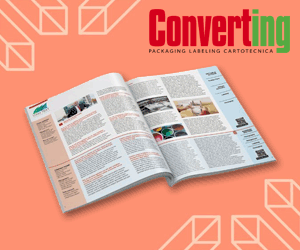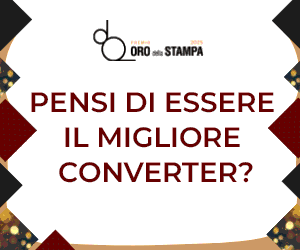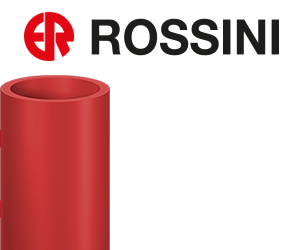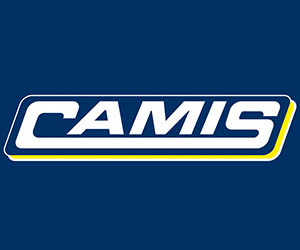DID YOU KNOW… that offset printing represents a valid and economically advantageous alternative to conventional labeling techniques? Goss explains why and illustrates the advantages of Sunday Vpak rotary systems.
 As competition continues to increase in all areas of the supply chain and across all product sectors, label printing and converting today faces an ongoing challenge due to the shorter runs, faster turnarounds and more challenging designs demanded by brand owners.
As competition continues to increase in all areas of the supply chain and across all product sectors, label printing and converting today faces an ongoing challenge due to the shorter runs, faster turnarounds and more challenging designs demanded by brand owners.
Competition among consumer goods producers continues to force them to find ways of reducing inventories and managing just-in-time production more efficiently. At the same time they are contending with increased competition on supermarket shelves, which has led to the rise in SKUs and 360º design treatments that make brands more eye-catching and appealing. Injection-molded (IML) and shrink labels are rapidly growing in popularity for their ability to transform the whole product into a canvas for brand promotion and maximize opportunity for differentiating product varieties.
With the rise of SKUs, print runs that are too long for digital, but too short for profitability are putting pressure on flexo and gravure printers. Handling 20+ jobs per day when your operation was initially designed to handle five or six causes time-consuming, and expensive, plate-making and makeready, as well as high levels of start-up waste, unacceptable levels of downtime …and disappearing profits.
Offset: the plate factor. Today’s web offset presses offer capabilities that can turn marginal short-run jobs into sustainable, profitable ones. The relative simplicity of offset (litho) plate making allows converters to manage the process in-house rather than buying plates or engraved cylinders from external suppliers. It has the distinct advantage of delivering plate costs that are a fraction of those associated with flexo and gravure. It also ensures far greater flexibility and control, and allows converters to offer their customers later artwork deadlines.
Other capabilities that reinforce the case for its suitability include: print quality, greater colour control and a standardised process, as does the ability to handle a wide variety of substrates, including films as fine as nine microns, at high speeds.
 Goss technology. The Goss Sunday Vpak series of presses builds on these inherent advantages through innovative variable sleeve technology featuring quick-change blanket and plate cylinder sleeve adapters that make ‘infinitely’ variable repeat lengths even easier and more affordable.
Goss technology. The Goss Sunday Vpak series of presses builds on these inherent advantages through innovative variable sleeve technology featuring quick-change blanket and plate cylinder sleeve adapters that make ‘infinitely’ variable repeat lengths even easier and more affordable.
With options for integrating flexo, gravure and digital stations into a Vpak press configuration to form a hybrid production line, it delivers flexibility without compromise as printers continue to benefit from a wide range of coating and finishing options. And, for ultimate flexibility there are the future-proofing capabilities of a system that not only offers a solution for labels but can also adapt to additional markets, such as litho lamination, pre-print, folding carton and flexible packaging.















